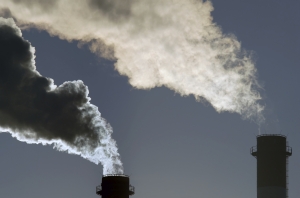While the government has set a modest target to reduce emissions by 26-28 per cent on 2005 levels by 2030, a common assumption is that it is not possible – or it is too expensive – to rely on Australia’s domestic market for these emissions cuts.
Very low international carbon prices, particularly under the CDM, have further fuelled the perception that Australian domestic abatement is expensive. However, following the Paris climate conference, the ongoing role of these units (CERs) is now highly uncertain, with low prices reflecting a broken market, not an opportunity to buy.
RepuTex analysis indicates that there is in fact no shortage of low-cost emissions reductions in Australia, with companies potentially able to create significant volumes of “low-cost” domestic carbon credits at prices as low as $1-4, utilising the existing class of “efficiency” and “agriculture” Australian Carbon Credit Units (ACCUs).

Findings indicate that over 300 million credits could be created by local companies over the next 7 years at $1-4 per credit, while more than 500 million credits could be supplied at under $16. Domestic “low cost” ACCUs are therefore cheaper than international markets, including the EU ETS, and voluntary credits under the VCS.
Given the availability of two clear price levels, policymakers may have new flexibility to create more cost-effective – and targeted – climate policy, where different categories of credits may be used for different purposes. For example, very low-cost “efficiency” credits could be accessible to trade exposed industries facing a future liability under the safeguard mechanism, while longer-term land-use projects could continue to be supported by ERF purchasing.
In this Market Update, we present our ACCU Cost Curve, modelling the cost and volume of credits that could be generated over the next 7-10 years at various price points, to better understand the potential supply, and cost, of a domestically focused market, along with the implications for domestic policy design.














